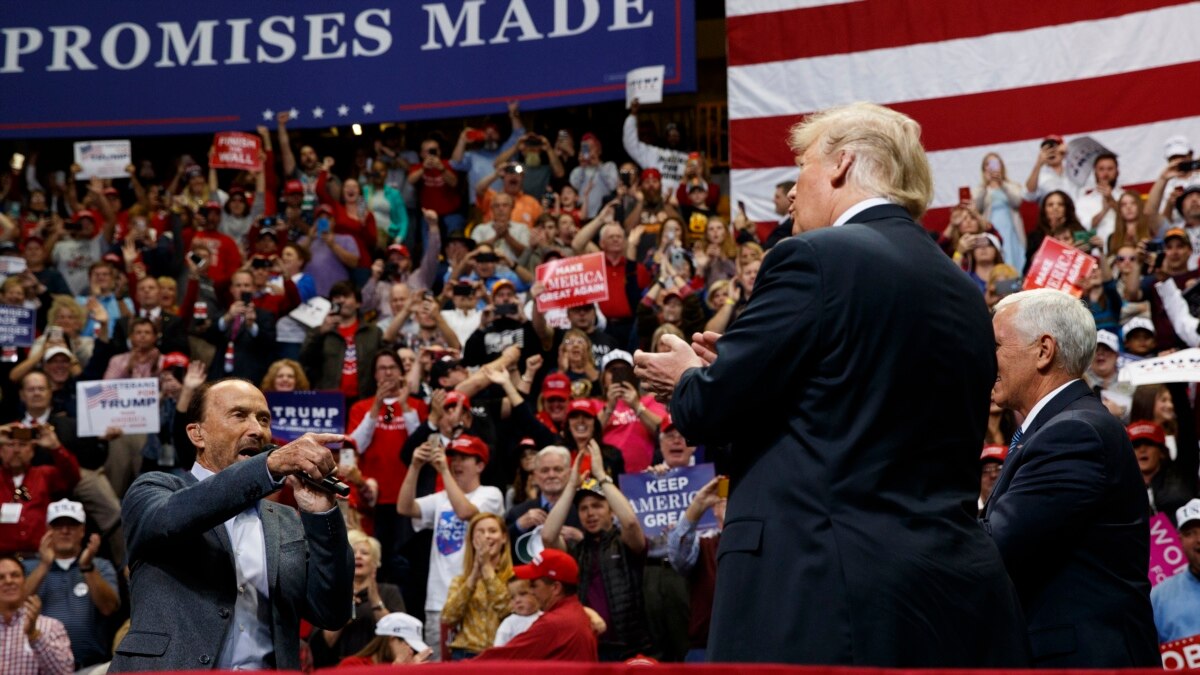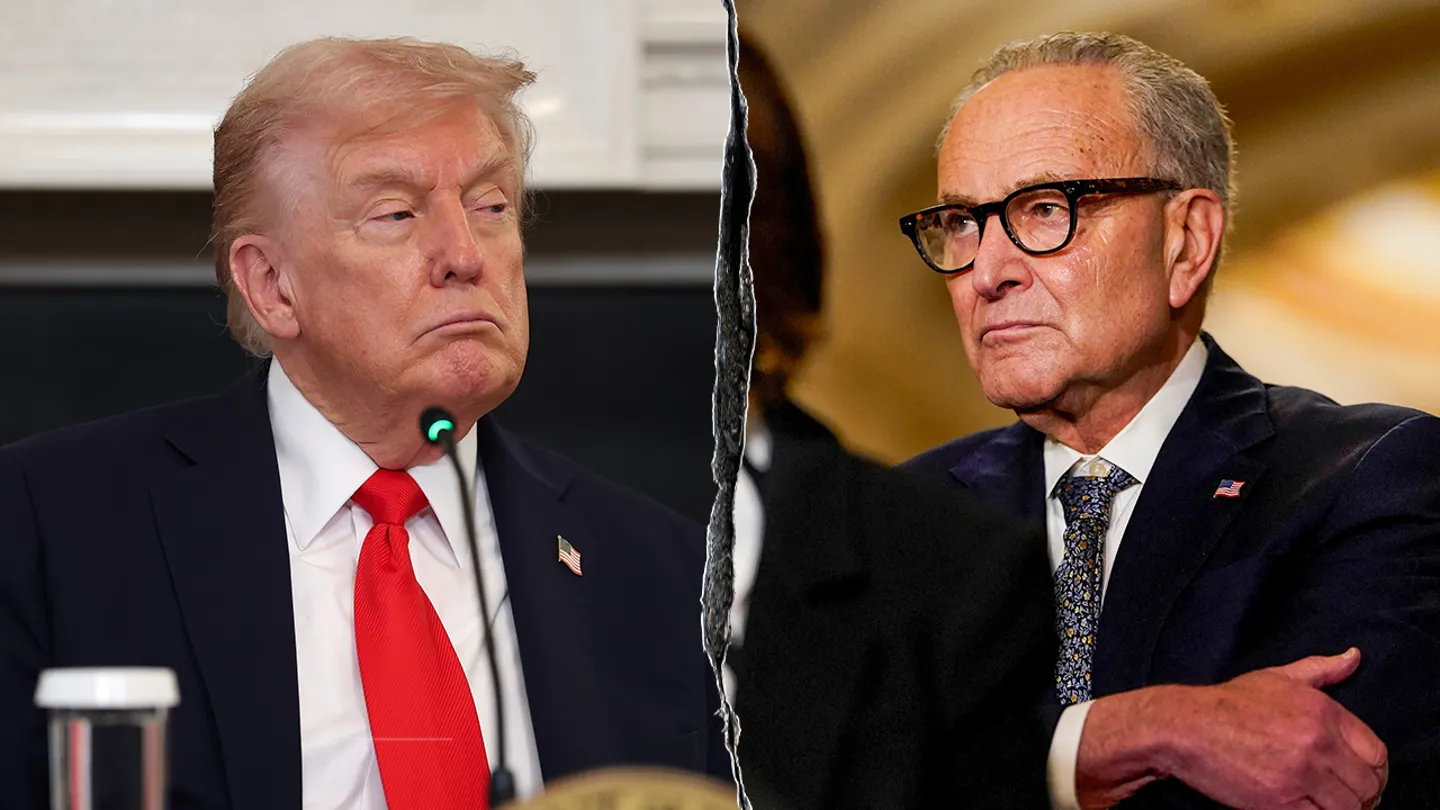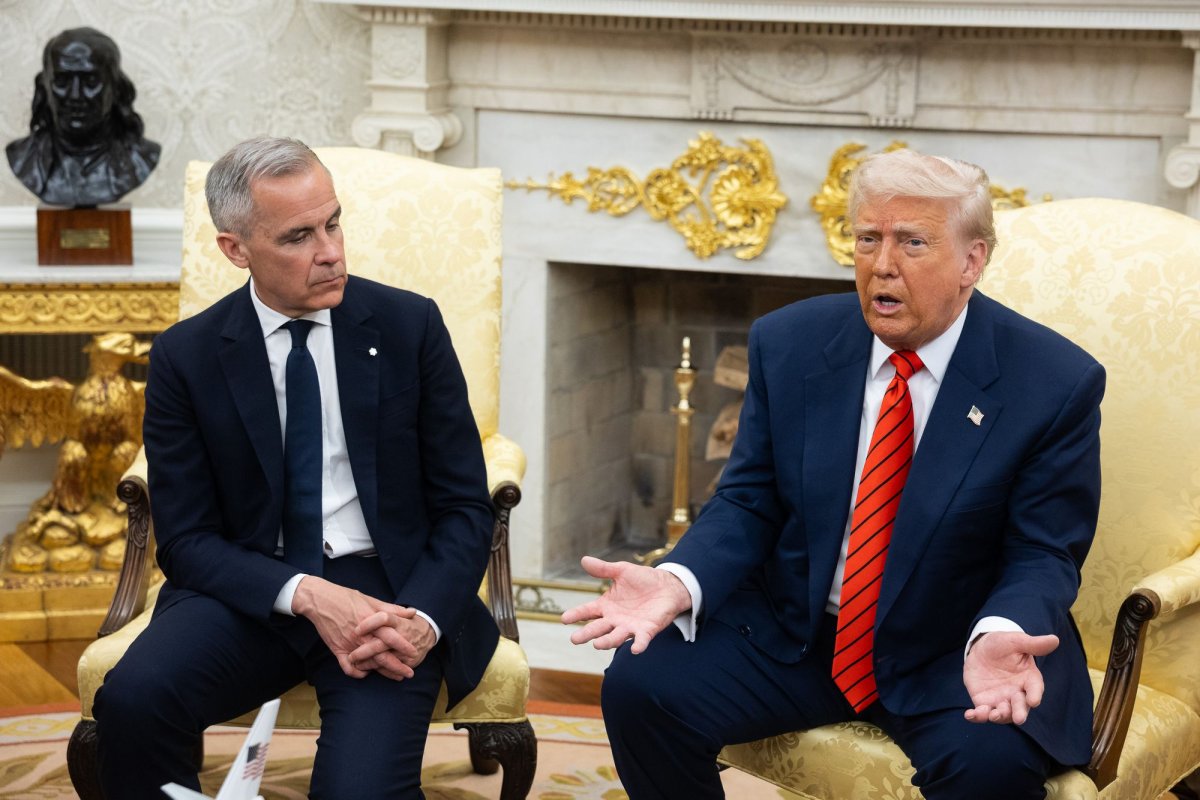1. Two factors contributed to Trump’s victory
Talking about the US election, a New Zealand friend said: Most Americans are different from Europeans. They quietly used their votes to make the most selfish choice for themselves rather than for the world. As a result, the traditional Conservative Party defeated the Progressive Party. He used simple words to point out the reason why the Democratic Party lost the election.
1. The Democrats’ mistakes helped Trump win the election.
First, the Democratic Party did not know what voters wanted and lost its base. As a left-wing party, the Democratic Party’s base is the working class. According to Vermont Senator Bernie Sanders, the Democratic Party has ignored the interests of the working class since 2016. He accused the entire party of emphasizing identity politics and ignoring the economic issues of working-class voters. Many Democrats also criticized that the party only paid attention to the middle class and the elite, and gradually lost its base. By the time Harris participated in the election, it was too late to win back the support of working-class voters.
Secondly, the Democratic Party committed a big taboo by changing its leader at the last minute. President Biden’s approval rating has been hovering around 40% during his four-year term; his health has already worried voters. The Democratic Party did not make timely decisions before the election and dragged its feet. During the campaign, under the “intervention of the elderly”, the two candidates were hastily handled. First, Biden was criticized for ignoring his health and forced to withdraw from the election; then Kamala Harris was determined and “appointed” as the Democratic candidate, ignoring the party’s nomination procedures. The series of mistakes made by the Democratic Party not only missed the opportunity but were also fatal.
Again, Harris’ campaign lasted only three months, which was too short. Although she threw herself into the campaign, promising to achieve a “new generation of leadership” and vowing to improve economic problems such as rising prices and housing affordability, Harris could not escape the anti-Biden sentiment that permeated most voters. About two-thirds of voters said they believed the United States was on the wrong track. Grassroots voters such as workers and those without a college degree who traditionally supported the Democratic Party turned to Trump, and the country almost became a “red tide”.
(2) Voters hope to increase job opportunities and build a foundation for Trump to enter the White House again.
First, Trump played the economic card and won the support of the vast majority of voters. At the end of September, Hurricane Helen hit many southeastern states including North Carolina, killing more than 200 people and causing serious property losses. Trump took advantage of the situation to attack the Biden administration for its poor disaster relief, and the Harris camp was exhausted and busy dealing with false accusations. Trump expanded the vote base in North Carolina. Reuters commented that the storm changed the election. Then, Trump seized the issue of rising prices and inflation, criticizing the Biden administration for its inability to control and solve economic problems, which impressed the vast majority of voters: grassroots voters hope that Trump will save the US economy and increase employment opportunities. The election results show that Trump has significantly expanded his support across the United States, especially from black, Latino and young voters (especially men).
Second, the Biden administration’s support for the Gaza War angered Arab voters, and American Muslims and Arab voters abandoned the Democratic Party. Trump took the opportunity to criticize Biden for his ineffective efforts to stop the Gaza War and expressed sympathy for the Arab people, winning the support of Muslim and Arab voters.
Third, Trump’s team deliberately created an image of “persecuted” and “strong man” to add points to him. This year, Trump was involved in several lawsuits during his campaign. But Trump never gave up. While appearing in court for trial, he claimed that he was “persecuted” through campaign activities, turning unfavorable factors into favorable factors and winning the trust of voters.
In short, the Democratic Party’s mistakes are like the two sides of a coin: “voters’ disappointment with the Democratic Party” and “voters’ expectations for Trump.” The combined effect of these two forces allowed American voters to use their votes to push Trump to the position of the 47th president.
2. What will Trump do in his second term as president?
Trump’s victory has split public opinion in the United States, with those who praise him and those who are pessimistic are almost equally divided. The general prediction is that Trump will keep his campaign promises on immigration, tariffs and trade protection, restore traditional energy, and persuade Russia and Ukraine to cease fire, and urge relevant parties to fulfill them. Some commentators pointed out that Trump’s first term has shown how he will lead the country a second time as the president of the United States, and he will pick up everything that was interrupted when he left office in 2020. The author observes that there are three main focuses.
(I) Stop the war and move towards compromise. Recent international public opinion also shows that after Trump won the election, the US allies who have been busy with war or aiding the war are now in a state of anxiety. Trump is about to take office to fulfill his promise. Those iron allies, such as leaders of Ukraine, Israel, Japan, South Korea, NATO, and the European Union, have called Trump and lined up to visit the United States to talk with the new president: Will this war be fought and how will it end? I remember that four years ago, during his first term as US President, Trump increased financial compensation for all countries that enjoy the protection of US troops and nuclear protection security; in order to calm the impending war situation on the Korean Peninsula, he personally went to the military demarcation line of the peninsula to meet with North Korean leader Kim Jong-un and facilitate talks between the two sides of the peninsula. These measures have played a easing role. The several wars currently being fought in the world are related to the life safety and social stability of hundreds of millions of people in many countries in Europe, Asia and the Middle East. If Trump can really fulfill his promises of “let Russia and Ukraine negotiate and cease fire” and “let the Middle East negotiate and cease fire”, and move from war to compromise and then cease fire, the world will be a better place.
This is of course also what the peace-loving people of the world expect from Trump, the soon-to-be-inaugurated US president.
(II) Restoring “isolationist” diplomacy. In recent days, the US media has focused on Trump’s victory. Some praised Trump for winning big and fast. The return of Trump economics, tax cuts, and wall building has excited the market but frightened the world. Some believe that Trump will have a huge and subversive impact in the country and will cause shocks around the world. In a nutshell, the United States has just won a victory, and the United States will be better.
Some commentators pointed out that in the more than 200 years of American history, two-thirds of the time, conservative politics and isolationist diplomacy have been adhered to, that is, doing its own thing and not caring about other countries’ internal affairs. This to some extent interprets the core of “America First”. For this reason, when the two world wars began, the United States did not participate, but only sold arms to make war money. During World War II, the Japanese attacked Pearl Harbor and dragged the United States into the war. What makes Americans uneasy is that the Biden administration has been busy with war or transfusing blood (including weapons) to one side of the war for four years. The election of Trump, who adheres to the conservative political tradition, is also an uneasy psychological reaction of Americans who are afraid of being caught in war. The American people hope that Trump can do as he promised: “Let Russia and Ukraine negotiate and cease fire”, “Let the Middle East negotiate and cease fire”, the United States will become better, and the world will become better.
(III) Protecting American interests at the cost of trade conflicts. In his first term, Trump advocated free economy and free trade. At the same time, he also insisted on “America First” and protecting American manufacturing and American interests. In his last term, Trump characterized China as a “strategic competitor” and imposed tariffs on some Chinese goods. This triggered Beijing’s retaliatory tariffs on American goods. After Trump takes office early next year, he may resume the trade war with China. There will also be more conflicts in world trade, exacerbating global instability. This is something people don’t want to see, but it is also something that cannot be avoided.
3. Abandon fantasy and do your own thing
As mentioned above, Trump will return to conservative politics, isolationist diplomacy and the “America First” economic policy. He may impact the international order since World War II and the reality of international relations. This change will also bring opportunities to China.
First, the international environment may undergo major changes. According to a report by the Russian Satellite News Agency on November 9, American entrepreneur Musk believes that with Trump’s plan, the bloody conflict in Ukraine will soon end. Musk’s words, who is deeply trusted by Trump, mean that Trump may have to fulfill his promise to deal with the issue of aid to Ukraine’s war and urge both sides to cease fire and negotiate; he may once again advocate the withdrawal or reduction of US military bases in Europe and East Asian countries (including Taiwan Island) and reduce military aid; he may also once again propose to support Israel and solve the Middle East issue, etc. If these current hot issues of international conflicts are resolved or eased, the international environment may undergo major changes and improvements. This is also a favorable opportunity for China.
Second, do your own thing. In his victory speech in the early morning of November 6, Trump said, “The United States has given us unprecedented and powerful power,” and “I made a promise that I will rule by adhering to this simple motto,” thus emphasizing his will to fulfill his campaign promise. The New York Times, which has been criticizing Trump’s policies, recently criticized that the United States hired a strongman: This is a conquest of the country, not by force, but by permission. Now, the United States is on the precipice of an authoritarian governance style that has never been seen in its 248-year history.
When writing the conclusion of this article, news came that Trump is ready to withdraw from the Paris Agreement again. It is still unknown what the president will do after taking office. But Trump’s second four years as president may be like his first term, and what he can do is actually very limited. In addition to retaliating against political opponents and pardoning supporters who stormed Congress during the “January 6 Incident”, the effectiveness of his final promises will most likely be greatly reduced.
Faced with this situation, China might as well abandon its illusions, show its real abilities, and do its own thing well.




